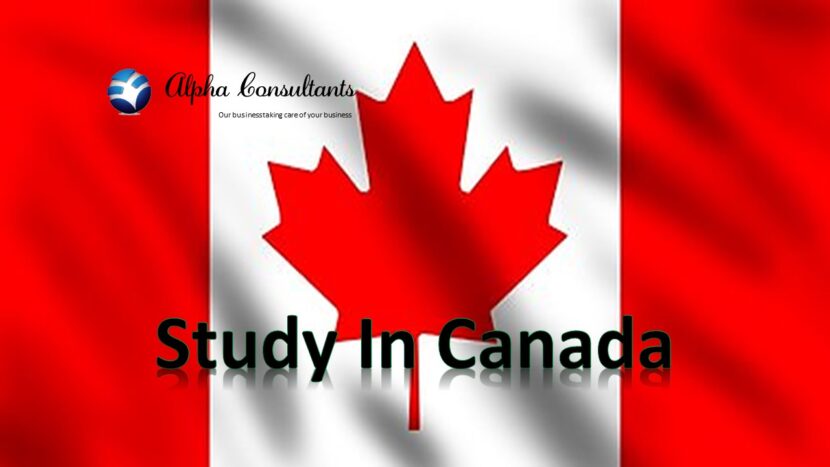Number of study permits processed for Indian students has fallen, applicants from elsewhere are making up the difference
Newly released data shows that the number of Canadian study permit applications processed for Indian students is down more than 40% since July of this year.
Between July and October of 2022, the Canadian government processed almost 146,000 new study permit applications for Indian students. However, across the same period in 2023, the government has processed fewer than 87,000.
This means that 60,000 fewer student visas were processed for Indian students from July to October 2023 than over the same period in 2022.
The data comes from a recently released article by ApplyBoard, an online platform for international student recruitment, and suggests that this decline may be a result of more and more international students posting on social media about the hardships they have faced in Canada, specifically calling out the high cost of living.
To test the theory, ApplyBoard conducted a sentiment analysis of top tier Indian media. It found that, between April and August of 2023, the number of articles written about housing in Canada increased fivefold versus the same period in 2022. In addition, the percentage of content flagged as negative rose from 12 to 30%.
What is Canada doing to address the increased cost of living?
In response to the inflationary pressures and an increased cost of living, the Government of Canada has introduced and retained several policies to help residents with their expenses.
The Affordability Plan includes a variety of measures that represent the Canadian governments $12.1 billion CAD investment to increase affordability across the country.
Some of these measures include cutting childcare fees by 50% in Ontario, increasing the Old Age Security (OAS) pension by 10% for seniors and indexing various benefits to be consistent with inflation.
As of January 1st, Immigration, Refugees and Citizenship Canada (IRCC) will raise the cost-of-living requirement for study permit applicants. The current requirement was brought in during the early 2000s and has not been adjusted since. IRCC says adjusting this requirement will prevent student vulnerability and exploitation by preparing students for the higher cost of living in Canada.
Most provinces also have programs that cater to their residents, which include financial aid for medical expenses, workers benefits, and employment assistance for childcare. In addition, the provincial governments have the responsibility to provide affordable housing and housing support.
Will fewer Indian students come to Canada?
According to ApplyBoard, study permit approval rates need to be examined to assess the impact of actual student inflows.
Study permit approval rates for Indian students have continued to climb. In fact, 32,000 more Indian students were approved to study in Canada from January to September this year than last year, despite the drop in applications processed.
In 2022, Canada welcomed a record 551,405 international students from 184 countries. The number one source country of new international students entering Canada in 2022 was India, with 226,450 Indian students.
Canada is on track to surpass the 2022 total for student visas approved for Indian students. If processing volumes remain near half of 2022 totals, ApplyBoard projects 200,000 to 210,000 Indian students will be approved to study in Canada in 2023, depending on how the current approval rate holds.
International students beyond India
ApplyBoard’s insights also explained that students from countries other than India are still very interested in coming to study in Canada. In particular, from July to October 2023, the number of study permits processed for all other countries rose by 34%. As of December 2023, study permits processed are up 52% from last year’s total.
The implication of this increase is a more diverse set of applicants to Canadian educational institutions. While Indian students have submitted nearly half of all student visas processed last year, they have accounted for just 36% in 2023.

